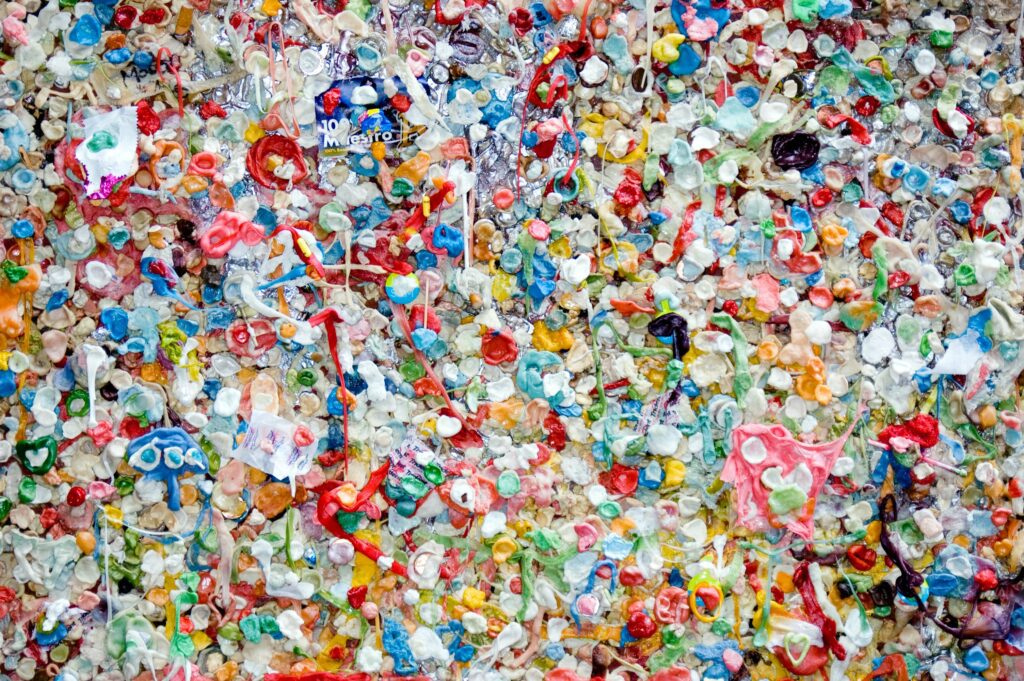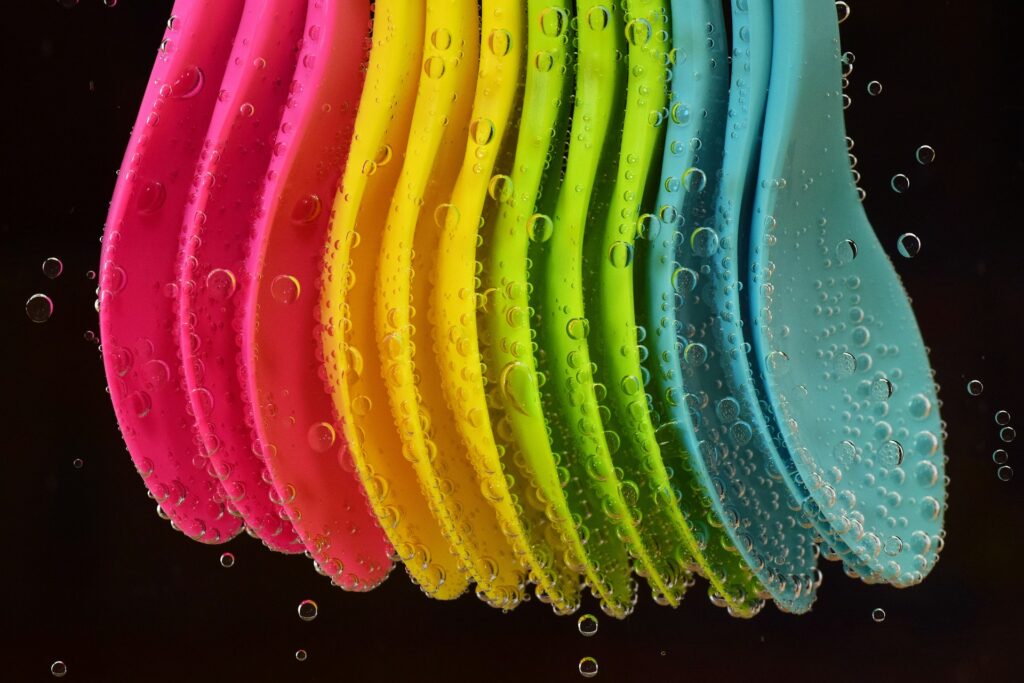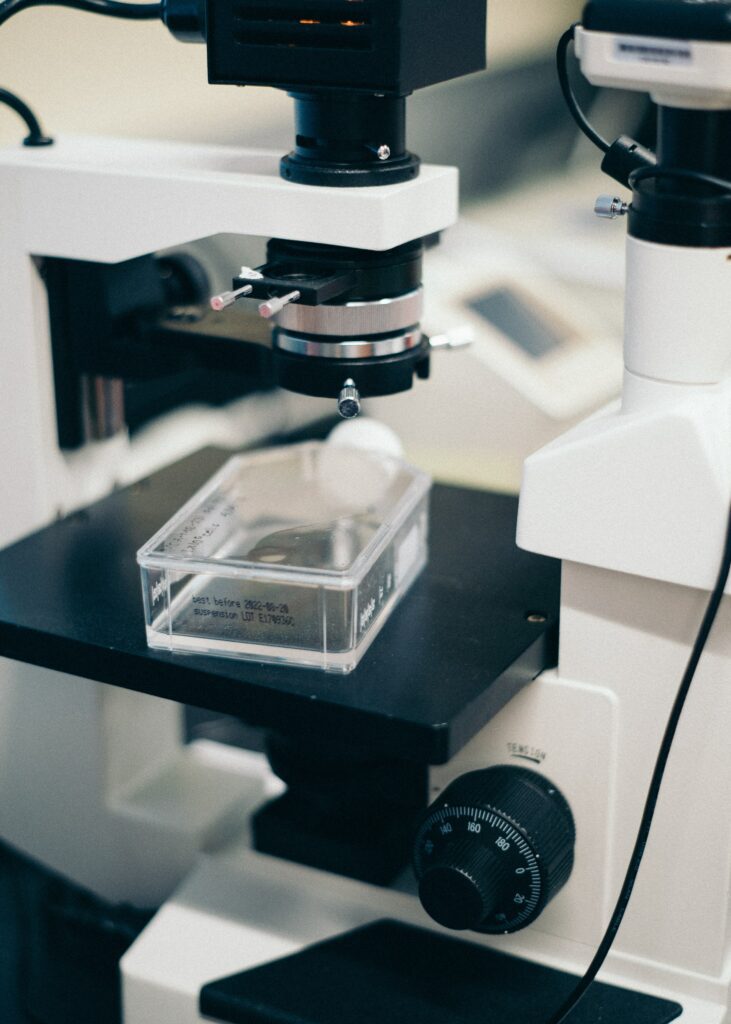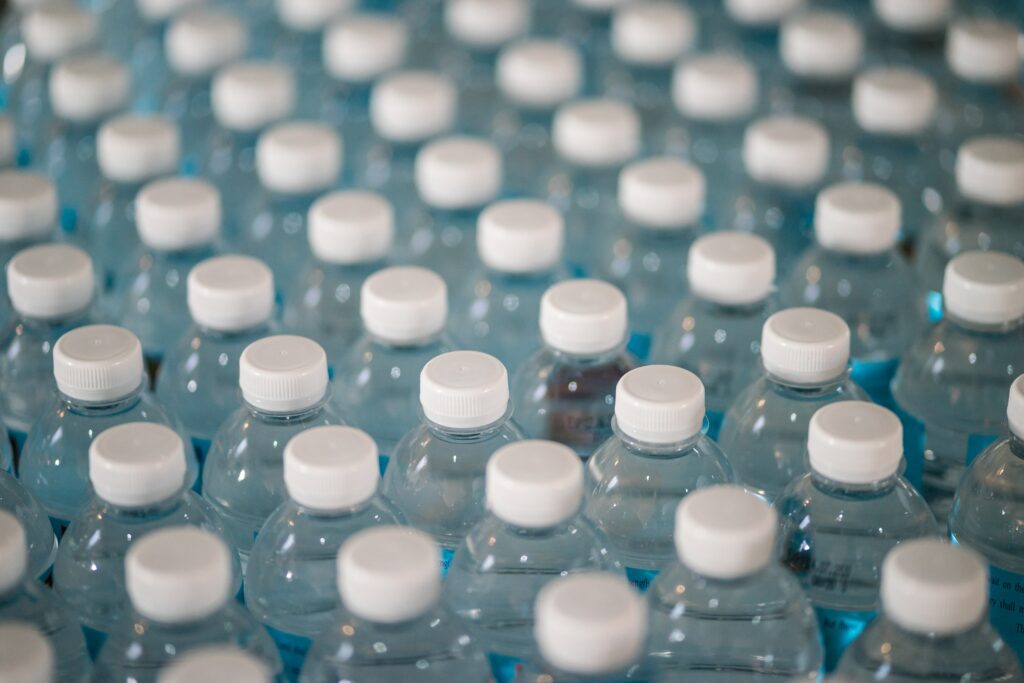Plastic pollution worsens
As the problem of plastic pollution worsens, researchers are doubling down on efforts to make sustainable plastics from non-petroleum sources. Biodegradable plastics made from renewable plant sources like corn or sugarcane starch are already on the market and becoming a popular alternative to petroleum plastics. But their biodegradability can be questionable—they typically biodegrade only in industrial compost facilities—and they need to be recycled separately from other plastics.




